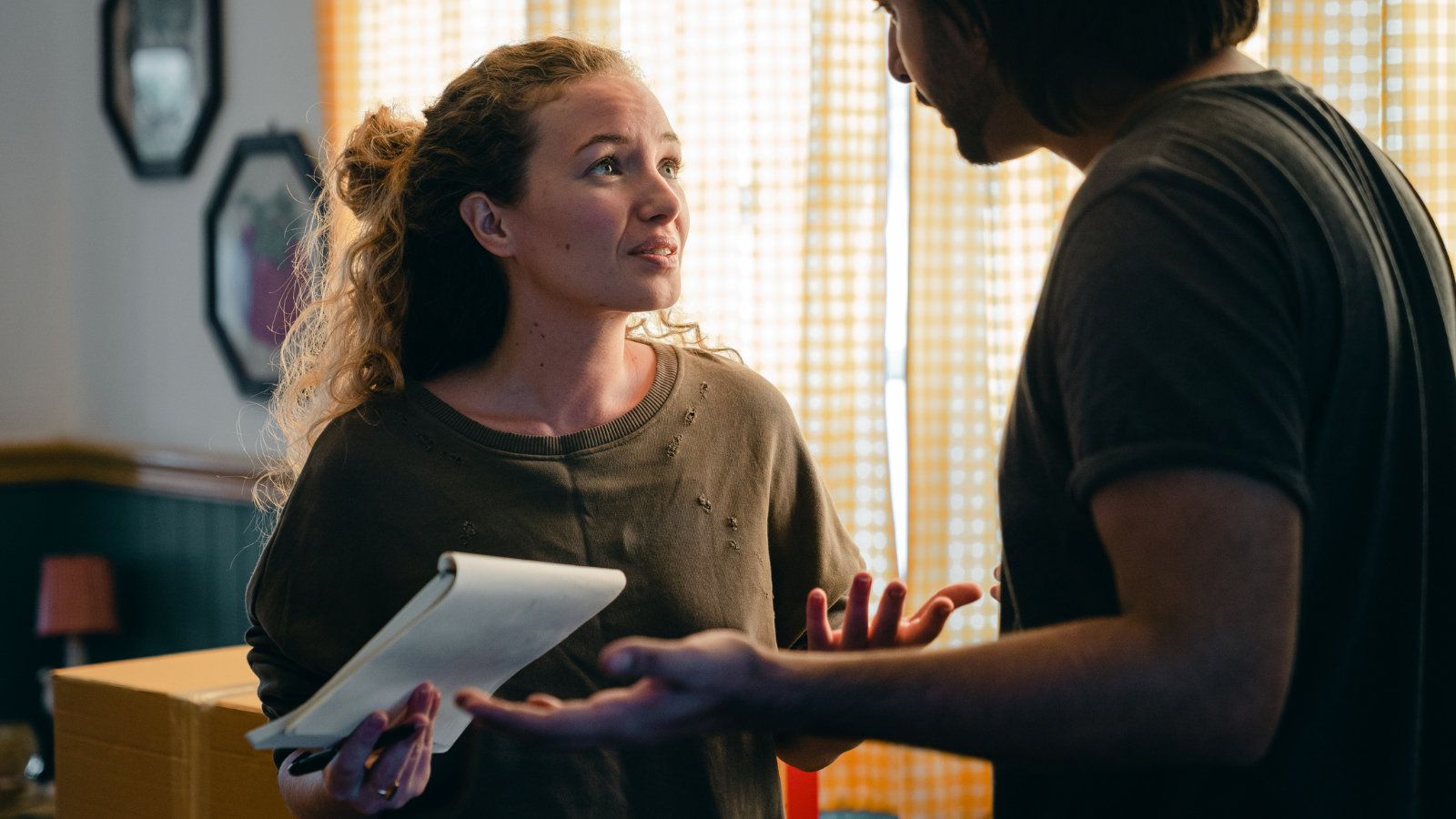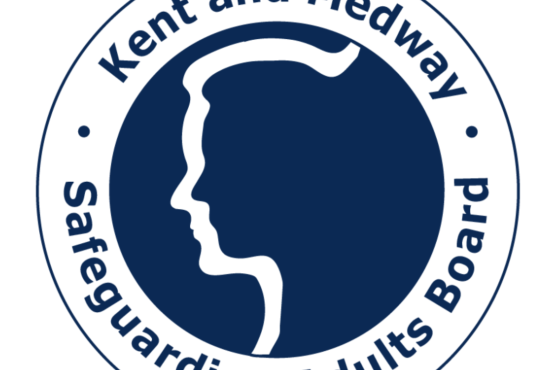
There are different type of abuse
Harm does not always mean it is done with intent, or that it is by a stranger. It can be partners, relatives, a friend, neighbour or carer. Here are a few examples and how to spot them:
Physical abuse
Physical abuse is when someone is physically harmed by another person, for example through assault, such as slapping, pushing, kicking or rough handling. It can also include the misuse of medication, or inappropriate sanctions or restraint.
Domestic abuse
Domestic abuse is when abuse occurs between partners, former partners or by a family member. It can include psychological, physical, sexual, financial or emotional abuse as well as ‘honour’ based violence, forced marriage and female genital mutilation. To read more information about abuse and how to get support please visit here

Sexual abuse
Sexual abuse relates to any sexual activity which the adult has not consented to, was not able to consent to or was pressured into consenting to. This can include rape, sexual assault or harassment, sexual photography, subjection to pornography or inappropriate touching.
Psychological abuse
Psychological abuse includes emotional abuse, verbal assault, intimidation, bullying, cyber bullying, abandonment, threats of harm, humiliation or blaming. Any unjustified withdrawal of services or support networks is also a form of psychological abuse, as is not letting the person have choices or ignoring their wishes.
Modern slavery
Modern slavery is when individuals are coerced, deceived or forced into a life of abuse, servitude and inhumane treatment. This can be through human trafficking, forced labour or domestic servitude.
Financial/material abuse
Financial or material abuse relates to theft, fraud, internet fraud/scams, exploitation or pressure in connection with financial affairs or arrangements. It can also include the misuse or misappropriation of property, possessions or benefits.

Discriminatory abuse
Discriminatory abuse is when a person suffers ill-treatment or harassment because of their race, gender, cultural background, religion, physical and/or sensory impairment, sexual orientation or age. This can be referred to as hate crime.
Organsiations abuse
Organisational abuse is where an adult is placed at risk through poor professional practice and/or organisational failings. It can be a one-off incident or ongoing ill-treatment or neglect. This abuse can happen when care and support is provided at home or within an institution or care setting, such as a hospital or residential home.
Neglect
Neglect is when someone deliberately or unintentionally causes a person to suffer by failing to provide the required medical or physical care. This may include failing to provide access to appropriate health, social care or education. This can result in their essential day to day needs, such as: medication, food, drink and heating, being denied.
Self-neglect
Self-neglect is when a person’s behaviour, such as neglecting to care for personal hygiene, health or surroundings, has a detrimental effect on their health and wellbeing. It can include behaviour such as hoarding.
What happens after abuse is reported?
Every report of abuse is taken seriously. You will be listened to and asked to provide information about the situation. You will also be encouraged to give your name so your concerns can be followed up.
Professionals will make enquiries about the concerns and contact the adult at risk to involve them in the safeguarding process wherever possible, unless it may place them at further risk initially.
